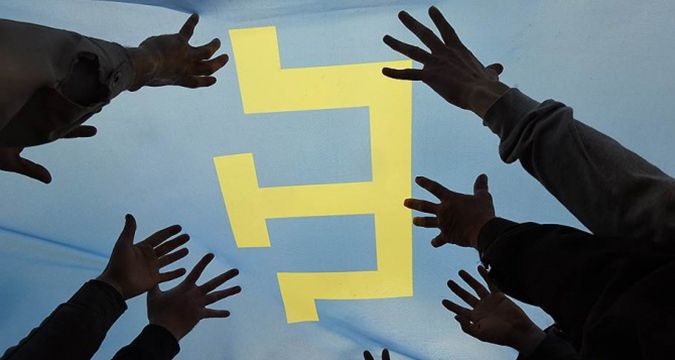The Soviet government benefited from the fact that many African, Asian and Latin American leaders received educations in the USSR, and the Putin regime hopes to build on that past not only by attracting more students from these countries but by opening Russian-run universities and cultural centers in these countries.
Like other major countries, commentator Andrey Ivanov says in an article on the “Svobodnaya pressa” portal today, the Russian Federation is devoting ever-increasing attention to the use of “soft power” to extend its influence abroad especially among intellectuals. But he says, Russia has a special need to do so – its own defense. (svpressa.ru/society/article/95107/).
Ivanov cites with obvious approval the words of Sergey Chernyakhovsky of the Russian State Humanitarian University, who pointed out that Lenin had said Soviet Russia was saved because Bolshevism had “taken from the Entente” the soldiers that those could had used to defeat the Central Powers could have deployed to kill off the Soviet state.
Today, Chernyakhovsky argued, Russia faces a similar and equally complex situation: “If the intellectuals of the world will see in Russia their ally, then no unfriendly actions of president will be able to be fully achieved.”
Understanding that, he continued, will also help Russia gain influence in the West. He notes the growing alienation of many in the West from the Western project, an alienation driven by many of the same things that have helped alienate and then power Islamic fundamentalists elsewhere.
“It is worth noting,” he said, “that until the end of the 1960s, the attitude of Western intellectuals to our country was positive.” It didn’t go negative because they found out about repressions. They’d always known or guessed about them. Rather it went negative when Russians themselves decided not to build a new world but to copy the West.
Then, Chernyakhovsky said, the costs of Stalinism ceased to be something Western intellectuals could easily dismiss.
Russia needs to offer an alternative vision of the world, one that doesn’t offend but rather attract people in the Muslim world who view the Western economic and cultural project as highly offensive – indeed, many Muslims have become fundamentalists because of their exposure to it – and to people in Europe who want to defend traditional values.
“The greatest disappointment in the world happens when we say that we will be just like everyone else,” he said. What people want is a sense of distinctiveness and a willingness to defend national traditions as one can see with Marina Le Pen in France and others elsewhere on the continent.
“If Russia can be the leader” of those countries who want to defend their “classical culture,” Chernyakhovsky argued, “then this will generate a response in the world comparable to the response it earlier experienced at the time of the birth of the mass labor movement on the planet.”
Saying all this does not mean, he hastened to add, that Russia should “focus on spirituality alone and refrain from the development of technology, the army and the fleet. But undoubtedly, the central issue” for Russia now and in the future “is its influence on the minds” of others.





